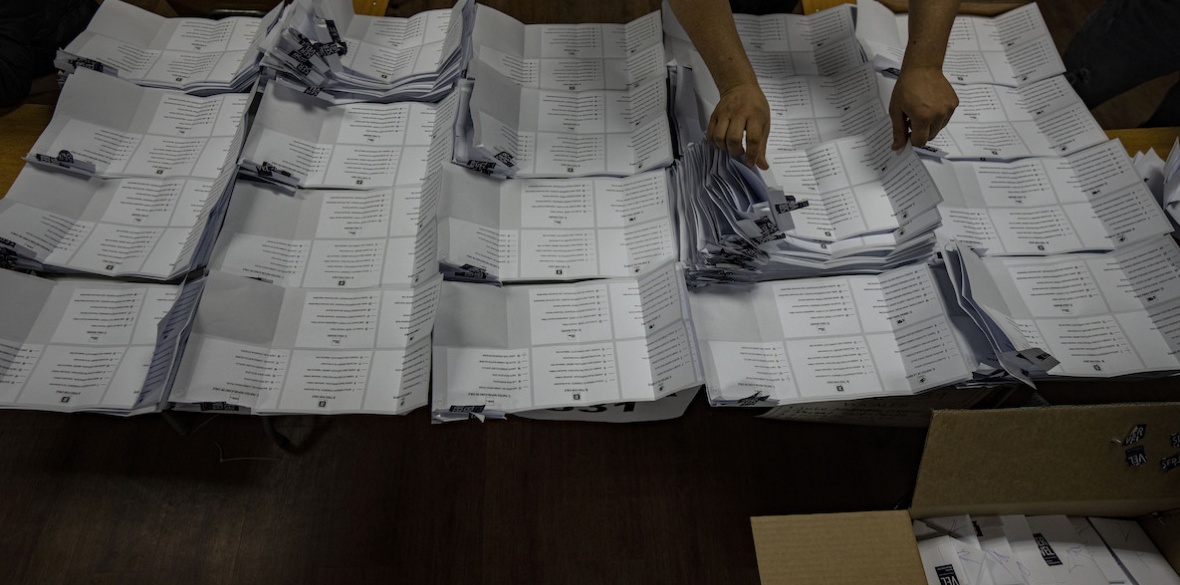This is the last article you can read this month
You can read more article this month
You can read more articles this month
Sorry your limit is up for this month
Reset on:
Please help support the Morning Star by subscribing here
THE far right looks set to dominate Chile’s new 50-member commission that will be tasked with drafting the country’s new constitution.
The tally of the votes cast in Sunday’s ballot for the new body appears to have dealt a major defeat to Chile’s left-wing President Gabriel Boric.
Results point to the ultra-right Republican Party, led by Jose Antonio Kast, who lost to Mr Boric in a presidential run-off in 2021, ending up with about 22 representatives on the constitutional council.
Mr Boric’s Unity for Chile coalition looks set to win 17 seats, while another right-wing alliance, Safe Chile, are projected to secure 11 representatives.
The projections suggest that it is unlikely that Mr Boric’s left coalition would reach the 21 seats necessary to veto proposals or force consensus on certain issues.
If the two right-of-centre groups, the Republicans and Safe Chile, unite it could leave Mr Boric’s allies with little chance of influencing the final text of the new constitution.
The number of spoilt ballots stood at a huge 21 per cent of the total votes, indicating widespread disinterest in the process by the electorate in a compulsory vote.
Luis Rodriguez, a retiree who cast a ballot on Sunday, said he didn’t care about the result: “I decided to vote because it’s mandatory.”
Another retiree, David Pino, said he also voted out of obligation.
Fines for those who do not vote can be as high as $230 (£182).
The new commission was set up after voters overwhelmingly rejected a proposed charter last year that was considered one of the world’s most progressive.
The Republican Party has long opposed changing the constitution that was imposed on the country by the brutal authoritarian dictatorship of General Augusto Pinochet.
Sunday’s vote marked a key step in the effort to come up with proposals for a new constitution after 62 per cent of voters rejected the previous proposed charter in September.
It had been the first in the world to be written by a convention split equally between male and female delegates.
But many critics labelled the document too long and unclear.
The rejected constitution was also said by critics to have gone too far in some of its measures, including characterising Chile as a plurinational state, establishing autonomous indigenous territories and prioritising the environment and gender equality.
Proposals from the commission are set to be put to a national referendum in December.












